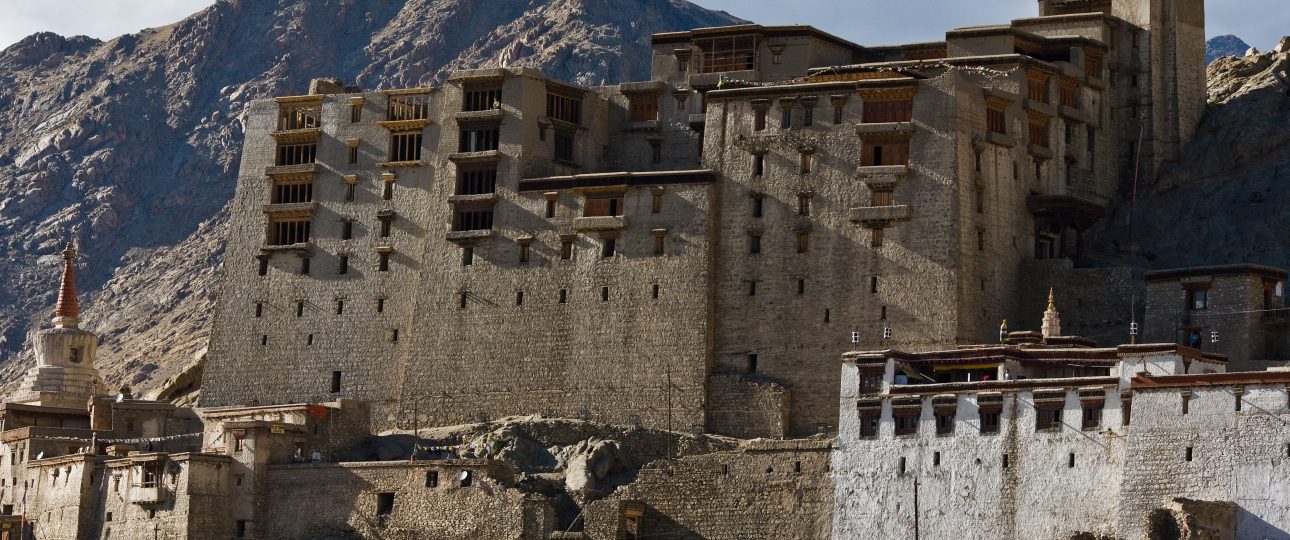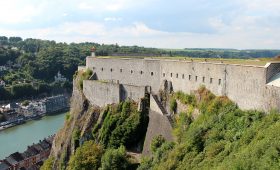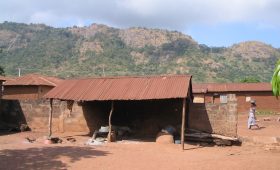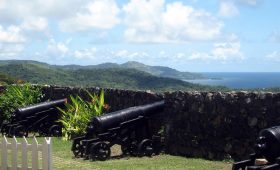Introduction
Welcome to an exploration of Leh Palace, a historical and architectural treasure located in the stunning region of Leh, India. Perched on a hill overlooking the town, this palace offers a glimpse into the rich history and culture of Ladakh. Join us as we delve into the past and present of this fascinating site.
History of Leh Palace
Leh Palace was constructed in the 17th century by King Sengge Namgyal, serving as the royal residence for the Namgyal dynasty. Its strategic location provided the rulers with a commanding view of the surrounding area, making it both a symbol of power and a practical stronghold.
The Architectural Wonder
The nine-story Leh Palace is a remarkable example of Tibetan architecture, reminiscent of the Potala Palace in Lhasa. Its design reflects a blend of Tibetan and Indian styles, with intricately carved wooden balconies and expansive courtyards. As you wander through its corridors, the palace’s historical significance and architectural beauty become evident.
Restoration Efforts
Over time, Leh Palace fell into disrepair. However, recent restoration efforts by the Indian government and local authorities have aimed to preserve its cultural heritage. Today, visitors can appreciate the ongoing work to restore the palace to its former glory, ensuring its stories continue to be told.
Why Visit Leh Palace?
Leh Palace offers more than just a historical journey; it provides a unique experience that combines breathtaking views, cultural immersion, and historical insight.
Breathtaking Views
From its elevated position, Leh Palace offers stunning panoramic views of the Himalayan mountain range, the town of Leh, and the Indus River. These vistas are particularly captivating at sunrise and sunset, providing unforgettable memories for visitors.
Cultural Immersion
Inside the palace, you’ll find murals, woodwork, and artifacts that offer a window into the royal lifestyle of the past. The palace also hosts cultural events and exhibitions, showcasing the vibrant traditions of the Ladakhi people.
Historical Significance
Leh Palace is not only a symbol of the Namgyal dynasty’s power but also a key part of Ladakh’s history. Exploring its halls allows visitors to connect with the region’s past and appreciate its enduring legacy.
Best Time to Visit
Planning your visit to Leh Palace requires consideration of the region’s extreme weather conditions. Choosing the right season can enhance your experience.
Summer (May to September)
The summer months are ideal for visiting Leh Palace, with pleasant temperatures ranging from 15°C to 25°C (59°F to 77°F). Clear skies and warm days make it perfect for exploring the palace and the surrounding landscapes.
Winter (October to April)
For those seeking adventure, winter offers a unique experience as Leh transforms into a snow-covered wonderland. However, temperatures can drop below freezing, so warm clothing is essential, and road conditions should be checked in advance.
How to Get There
Reaching Leh Palace involves some planning, but the journey is part of the adventure, offering spectacular views of the Himalayas.
By Air
The nearest airport is Kushok Bakula Rimpochee Airport, located about 3 kilometers (1.9 miles) from Leh’s city center. Regular flights from major Indian cities such as Delhi, Mumbai, and Kolkata make air travel the most convenient option. Taxis and shared cabs are available from the airport to the palace.
By Road
A road trip to Leh is an exhilarating experience, with routes like the Leh-Manali Highway and Leh-Srinagar Highway offering scenic views. However, these roads may be closed during winter due to heavy snowfall, so it’s important to check conditions before traveling.
Local Transportation
Once in Leh, several transportation options are available to reach Leh Palace and explore the area.
Taxis
Taxis are a convenient way to travel around Leh. It’s advisable to negotiate fares before starting your journey to the palace or other attractions.
Shared Cabs
Shared cabs are a budget-friendly option, operating on fixed routes and allowing interaction with fellow travelers. This option reduces costs and provides a chance to share experiences.
Local Buses
For an authentic experience, local buses offer an inexpensive way to reach Leh Palace. Be prepared for crowded conditions during peak tourist seasons and check schedules in advance.
Leh Palace is a destination that combines history, culture, and natural beauty. Its captivating architecture and rich heritage make it a place worth exploring. Whether you’re drawn by the views, the history, or the culture, Leh Palace promises an enriching experience in the heart of Ladakh.




